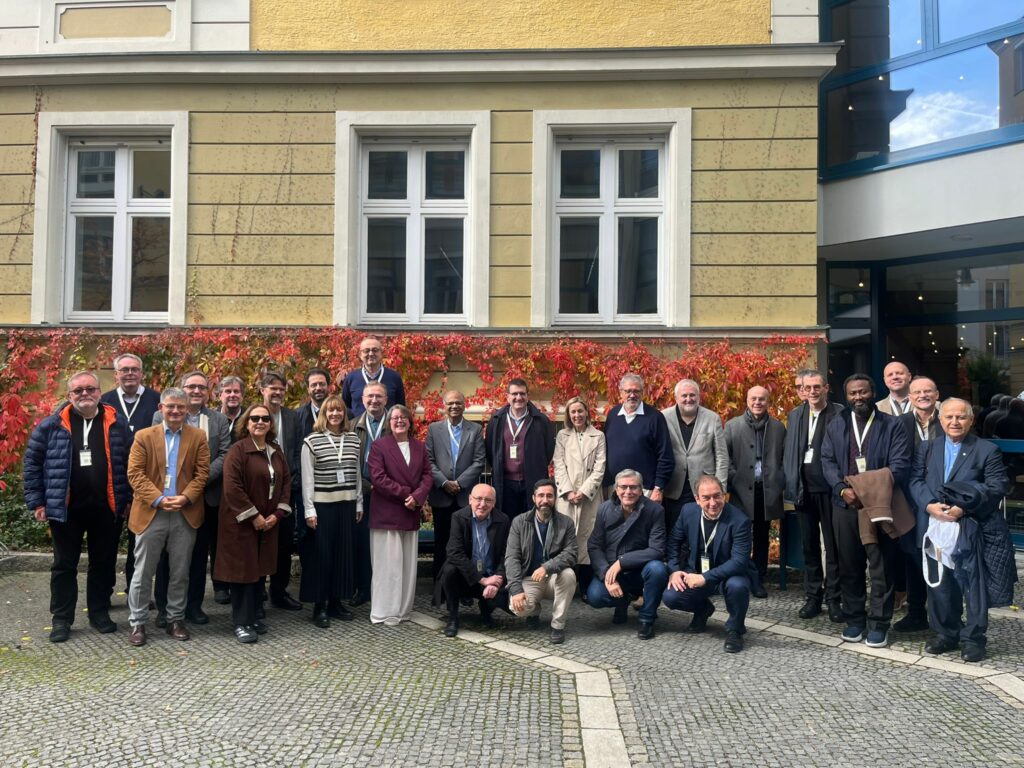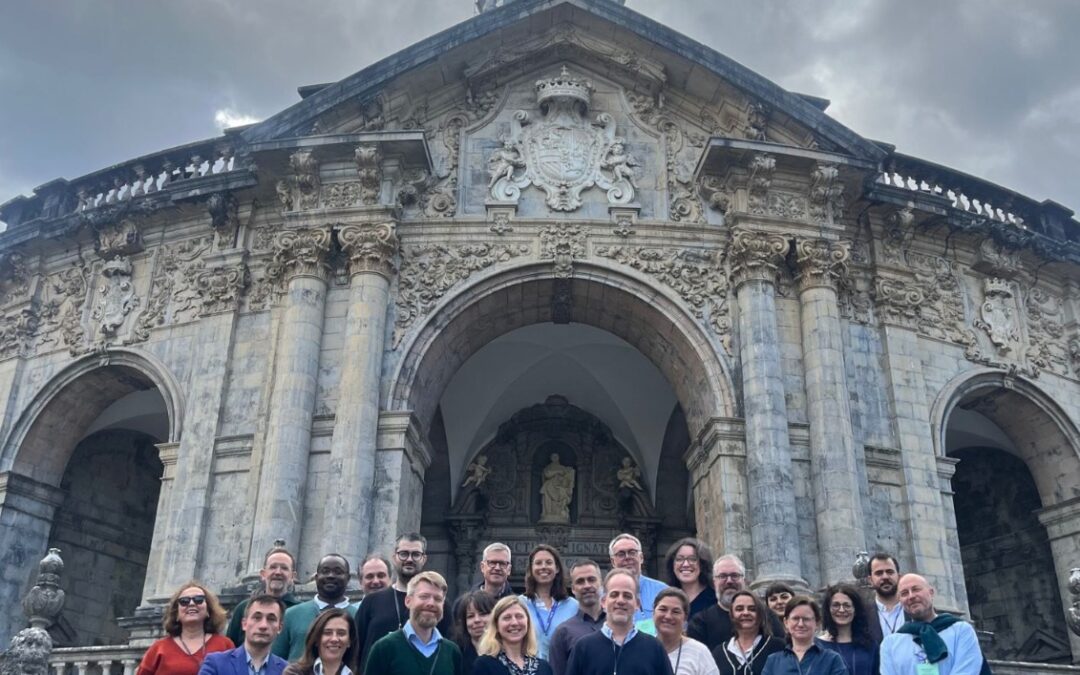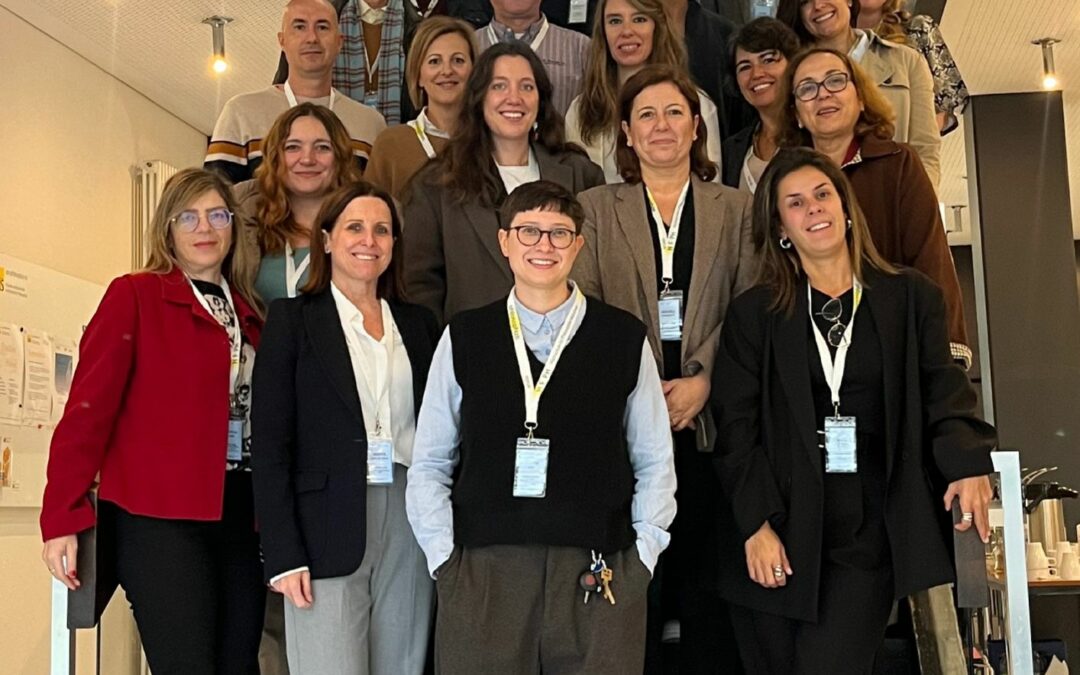
The Kircher Network General Assembly of Presidents and Deans took place in Munich on October 10–11, 2025, in conjunction with the 100th anniversary of the Munich School of Philosophy — a milestone celebrated with the participation of Fr. Arturo Sosa, SJ, Superior General of the Society of Jesus. The gathering brought together leaders from Jesuit universities across Europe and the Near East to reflect on the network’s shared mission and outline its next steps for collaboration and growth.
Philip Geister, SJ, President of the Kircher Network, and Dr Susana Di Trolio, Executive Secretary, reported on the developments and projects carried out by the network since the last Assembly (2024) hosted by the University of Deusto. Their presentation highlighted the continuation of the Canisius Formation Program (second edition), the expansion of inter-institutional academic initiatives — such as the HEST groups on Christian and Muslim Dialogue, Secularisation in Europe, and the creation of the Group of Meaningful Learning — and progress in strengthening collaboration among member universities, led by the Group of Senior International Officers.
In line with the Kircher Strategic Plan (2024 – 2028), which states that as a regional association belonging to the IAJU, the Kircher Network’s mission is to strengthen academic collaboration, the Jesuit identity, and the sense of shared apostolic mission among our member institutions in all aspects of academic life, and the communities within which our institutions operate, the Assembly also focused on aligning the network Operational Plan 2026–2027 with the four global priorities — student well-being, artificial intelligence, democracy, and environmental justice — set during the IAJU General Assembly in Bogotá (July 2025).
As part of these next steps, the presidents agreed to appoint delegates from their institutions to the IAJU task forces, beginning with representatives who will join the new global Task Force on Student Well-Being (Mental and Spiritual).
Joseph Christie, SJ, IAJU Secretary, presented the key outcomes of Bogotá and emphasised the vital role of regional collaboration within the global Jesuit university network.
Dalibor Renić, SJ, President of the Jesuit Conference of European Provincials (JCEP), also attended, underlining the challenges and the Society of Jesus’s new apostolic planning in Europe, as well as the expected contributions of Jesuit higher education institutions to the apostolic mission.
The next Kircher General Assembly will be held at Ignatianum University in Krakow on July 6–7, 2026.


